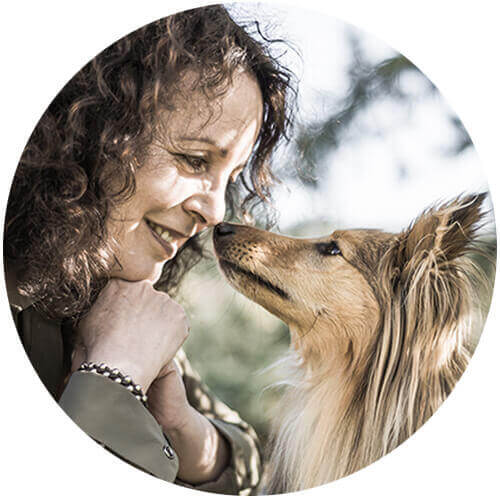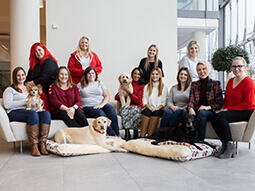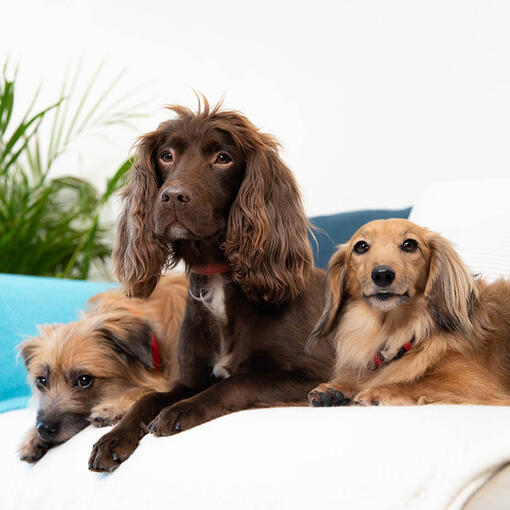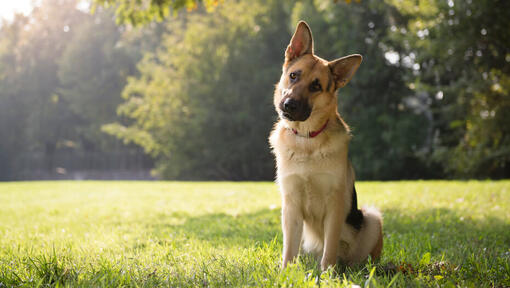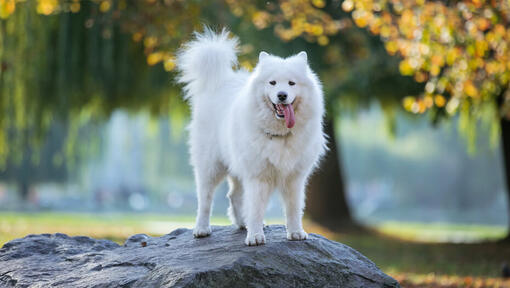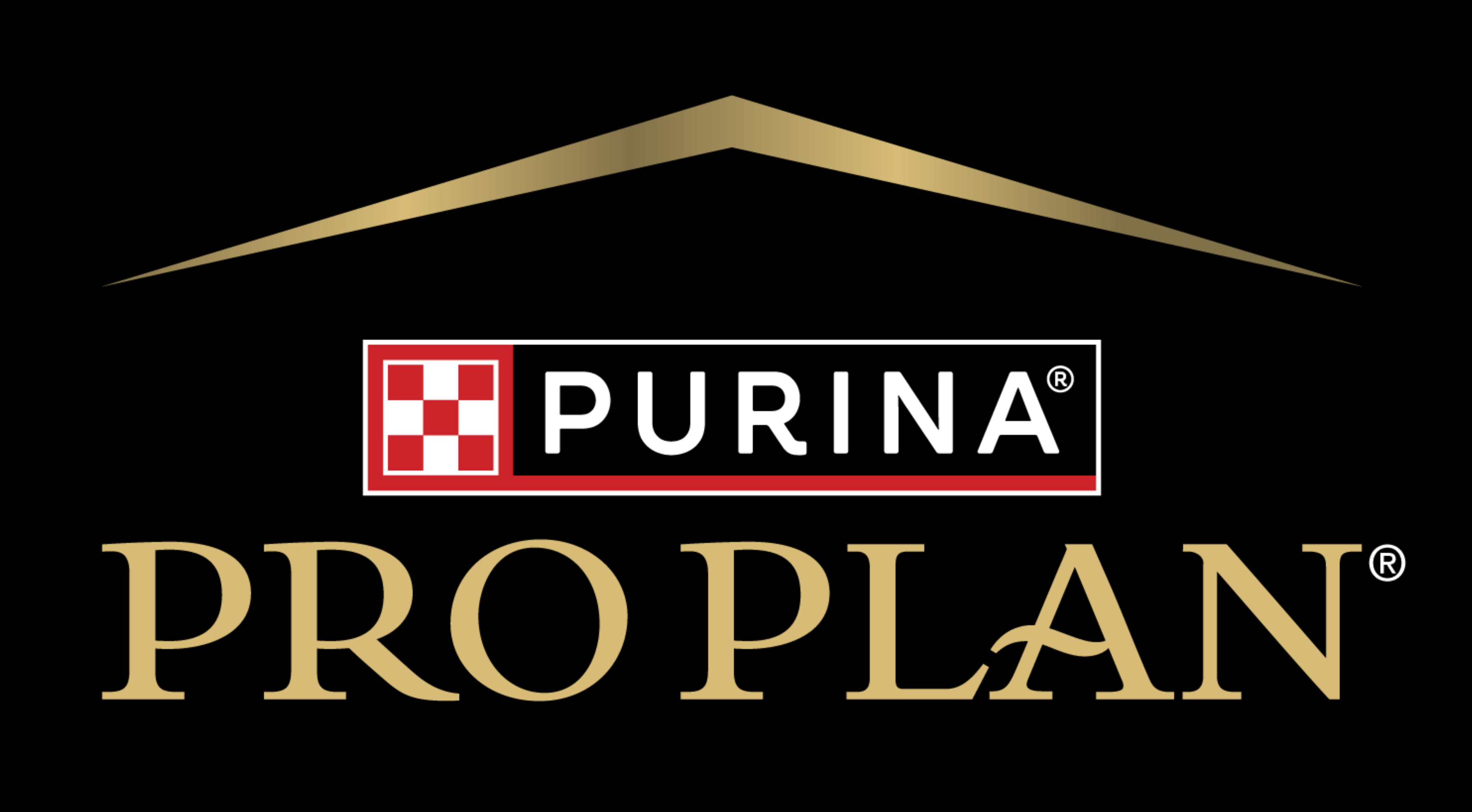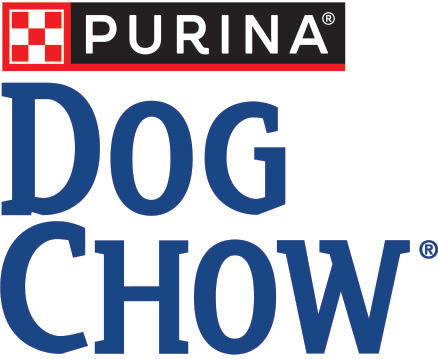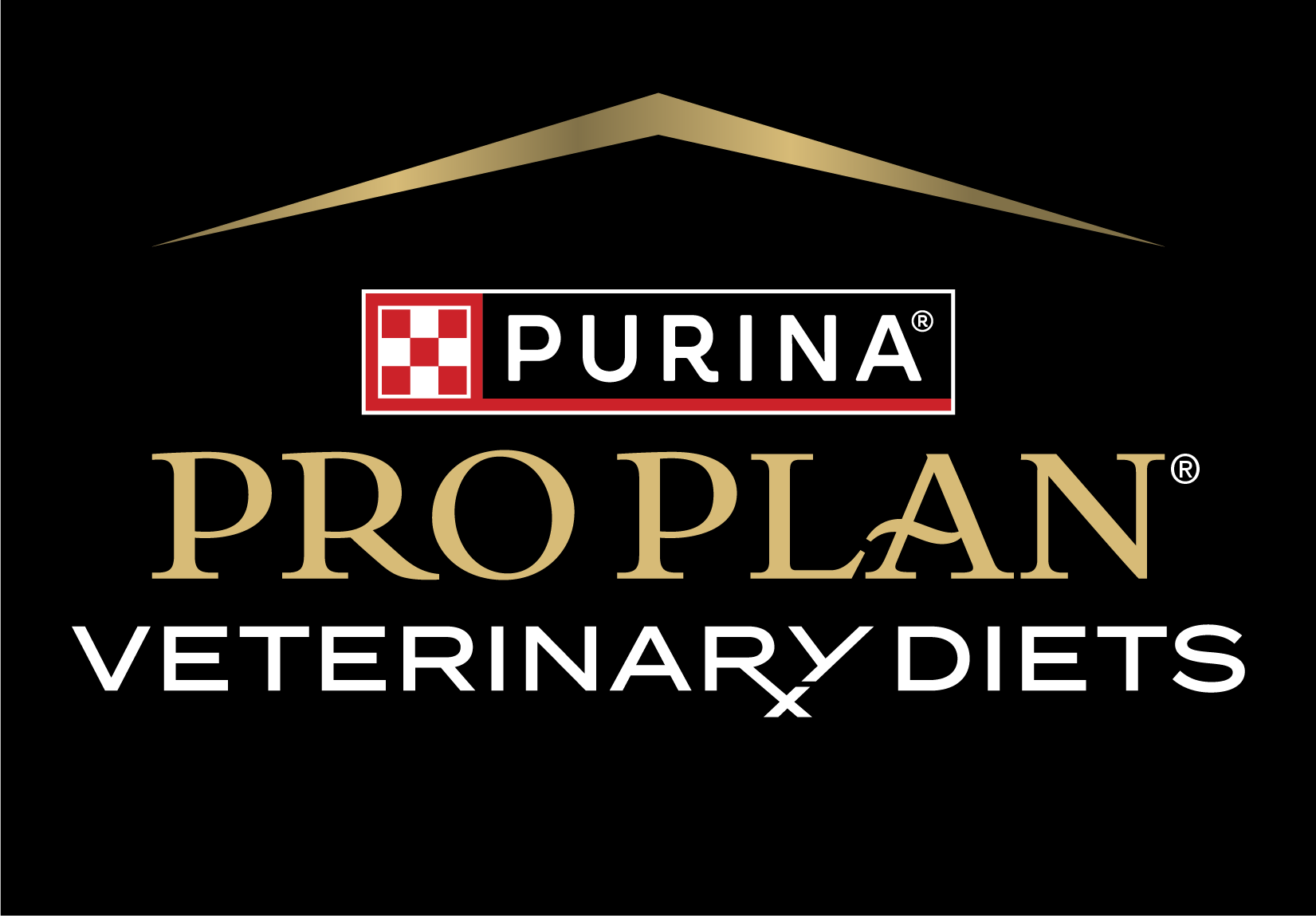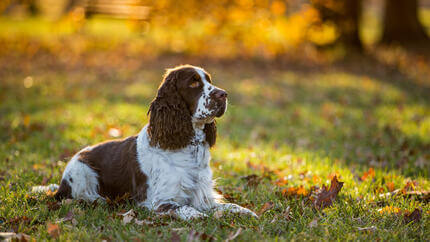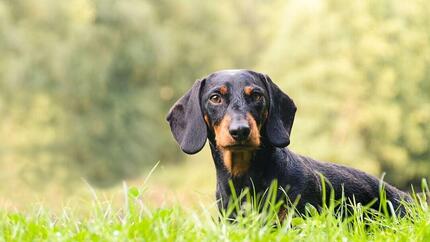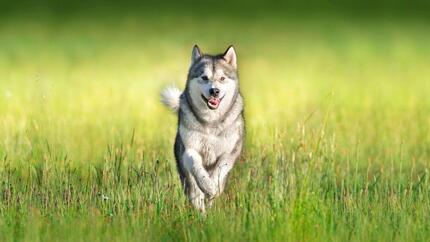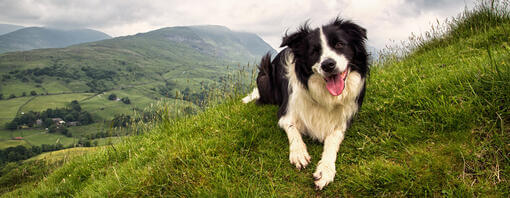
Pastoral dog breeds come in many shapes and sizes, but they all love nothing more than having a job to do. Here is what you need to know about these hard-working canines, from grooming requirements to the type of exercise they like best.
Pastoral dog breeds love working with their owners and will wag their tails whenever the whole family gets involved, whether it's training, exercising or play time. Given their expertise in moving and protecting livestock, it's no wonder that pastoral dogs can easily become reliable members of the family, always happy to cooperate, but extremely keen on large amounts of exercise. Find out what makes these dogs such beloved companions and discover the diverse line-up of pastoral breeds, including the short, but sturdy Welsh Corgi as well as the larger German Shepherd.
A pastoral dog's job
Pastoral dogs hail from all over the world, and were originally bred to herd, move and sometimes also protect, livestock. Depending on their size and skills, pastoral breeds were entrusted with diverse jobs that involved looking after sheep, goats, cattle or even in some cases reindeer.
Pastoral dog breeds sizes
As a result of their diverse background, pastoral breeds come in virtually all sizes and coat types, from the smaller heelers (who move livestock by nipping at their heels) to the giant breeds who are guardians as well as herders and hence need to be larger and more powerful.
The natural instincts of pastoral breeds
Like all working breeds, pastoral dogs utilise their natural canine behaviours to do the jobs that humans have developed them for. Pastoral breeds are specialists in watching livestock and then working with their owner, using the stalk/chase part of their hunting behaviour to move them where they need to go. A herding dog shouldn't bite their charges and so individuals who were weak in the 'bite' part of the predatory behaviour were generally used to create these breeds. The exception is the heelers - for whom nipping at the heels of cattle was their strategy for encouraging animals more than 10 times their size to go somewhere they might not want to.
As this predatory behaviour is self-rewarding for dogs owners have to be aware that not only do their dogs enjoy carrying out these behaviours, they also need an outlet for their hard-wired instincts to stay healthy and happy. This doesn't mean you need a flock of sheep in the garden, but it does mean that these are hard-working dogs who relish having a job to do that involves owner interaction, and controlled stalking, chasing and brain work.
Pastoral dog breeds behaviour and personality
Here are a few things to keep in mind when deciding whether a pastoral dog is the companion for you.
Constantly active and on the go
Pastoral dog breeds are among the most active canine groups.
They are very active and need to be able to work all day, every day. Since they are constantly on the go, this means pastoral dogs will not be the most relaxing canine companions for couch potato owners!
They like to work closely with their owner
Pastoral dogs love to co-operate with their beloved owner to do complex tasks. But although they like the company, you can expect them to also be independent and confident enough to take initiative. Bear in mind that their need to work closely with their owner means that separation related behaviours are common.
Strong-willed and hardy
Considering their main job has always been looking after sheep, goats or cattle, their personality evolved to reflect a strong character able to cope with the elements. Therefore pastoral breeds can be stubborn - after all they learned to move even the most resistant livestock. Also, they won't mind going out for a walk whatever the weather conditions.
Acute sense of self-control
No matter how difficult their charges are, pastoral breeds had to be able to move livestock without injuring or hurting them. Therefore, they have learned to control their instincts pretty well which shows whenever you try to teach them new tricks. Their ease of training means that they will learn quickly and easily and can be the stars of any training class or dog sport.
Don't like boredom
Boredom and/or frustration from lack of exercise or owner interaction will give rise to all kinds of behaviour problems in these breeds - including reactivity, excessive barking, hyperactivity, destructive behaviours, and potential aggression.
High-maintenance
Pastoral breeds are high maintenance dogs who are not for the faint hearted or part-time dog owner but for those with the time and energy, they can be the most rewarding of canine companions.
Is a pastoral breed right for you?
These skills mean that if you think a pastoral breed is right for you, you need to consider the following:
Pastoral breeds need a lot of physical exercise. Exercising your dog two hours a day, every day, no matter the weather should include free running and ideally in a variety of terrains to keep their interest.
Originally bred for long working hours in all weathers out in the fields, mountains and hillsides, pastoral breeds are not put off by wet or cold weather. They’ll love to be walked by you in all seasons.
Although they love the physical exertion of long walks, mental exercise is equally important for pastoral dog breeds. Walking the same route day after day might be a bit boring for your intelligent dog, but the concentration and focus required for half an hour of learning new things in new environments, as well as learning how to perform tricks, will leave them happy and fulfilled. Variety is very important to herding dog breeds, so be ready to explore many different environments on your walks – how about beaches, woodland, open fields, hills, or riversides for a change?
As your dog has a natural talent for chasing and herding, a reliable recall is also essential to keep them safely by your side. It will certainly come in handy if you encounter livestock or they start excitedly chasing wildlife when out on walks.
Pastoral breeds can often the be the most rewarding dogs to train as their history working closely with their humans – and their intelligence – mean that they can easily become the stars of their training class. They do however learn bad habits as well as good ones and so owners need to be consistent and inventive to keep their interest and stop them going ‘self-employed’. A good reward-based dog training class is essential too as these are highly sensitive breeds.
These dogs often do best with a job to do – and as such can excel in canine sports such as agility, obedience, heelwork to music and many others which help focus their need for exercise and to use their brains while working with their owner.
Some herding dog breeds - particularly the Collie breeds, with their loving Collie temperament – can be persistent in their attempts to solicit attention. Training periods of ‘non-contact’ can teach your dog that no attention will be given when a certain visual marker is provided, such as a scarf hanging over a doorknob or a particular ornament sitting on a table. This really helps with managing the bond you enjoy with your dog, as they won’t expect attention and then be frustrated when you cannot give it to them. This way, your dog won’t become a nuisance and will get just as much attention as you want to give them; they just won’t be dependent on it for their happiness.
Your dog will have strong natural guarding instincts, especially types of Shepherd dogs such as German and Belgian Shepherd Dogs, and will often patrol their boundaries in the garden and will be alert to any noise, indoors and outdoors. Thorough socialisation with people when young is important, as well as throughout their life so that your dog happily accepts visitors.
Teaching your canine friend to ‘shush’ on request after a knock at the door will stop them barking excessively at every noise. Herding dogs may become possessive over toys, food, beds and other resources (including you) if they feel threatened, which is another reason why early socialisation is a good idea. Training your dog to ‘give’ their toys - or indeed any object on request - is quite easy if you can offer an even better item, such as a treat, in return! See our page on Guarding Dogs for more information.
Early and ongoing positive dog socialisation is necessary for pastoral breeds as their sensitivity and alertness can lead to reactivity towards others if not prioritised. Those breeds in this group that were used as flock guards as well as livestock movers can become protective of perceived territory and ‘their flock’ if this instinct isn’t channelled appropriately and may always need to be managed around strangers (dogs and human).
Pastoral breeds need to be able to work all day, every day, in some of the harshest of climates. This means that pastoral breeds are often the ‘hairies’ of the dog world and many have a soft undercoat as well as a harsher topcoat. In short lots of dog grooming, which means owners need to be as enthusiastic about coat care as they are about exercise and training. Owners probably shouldn’t be too house-proud either – as these breeds seem to bring a lot of the great outdoors back indoors.
Some pastoral dogs have a lot to say for themselves and this becomes exacerbated by boredom, excitement or frustration.
These dogs are usually quite vocal and, when working as guards, will bark loudly and impressively to ward off potential predators and threats - which is why they are good farm dog breeds. In modern homes as pets, they are just as likely to bark at someone walking past your house, which might make them less well-suited to living in built-up areas or in places where there are many close neighbours. For livestock protection dog training inside the home, it helps to train your dog to be quiet after giving their initial warning bark. If you teach your dog to bark on request, and encourage him to do so at certain times and under specific conditions, it will mean that they can enjoy a good bark at a time when it’s convenient for you both, such outside on a walk. Teaching your friend to start and stop barking means that you can quieten them more easily when they bark at an inappropriate time. Read more about training your dog to bark at a time that’s good for both of you.
Generally, pastoral dogs are affectionate breeds who are highly bonded to their families and sometimes ‘one man’ dogs - but many prefer to show their affection by staying very close to their owner’s side and following them everywhere as a ‘canine shadow’ rather than by cuddles and overt physical displays.
It is important that your loving dog is taught self-reliance from an early age so they don’t become over-dependent on your constant physical presence, as this can lead to separation-related problems. Get your pet used to short periods of being on their own from as early an age as possible, separating yourself from them in another room from time to time, even when you are in the house. Provide a comfortable den-like indoor kennel (sometimes called a crate) or a cosy dog bed in a quiet room where your canine friend can snooze or chew a safe favourite toy on their own. Exercise them before you need to leave them alone in the house, so they are toileted and ready to relax. To keep your pet occupied, why not hide a treat-filled chew-toy for them to find and then work on to keep them busy.
The intelligence and constant energy display by pastoral dog breeds mean they live for interactive games and canine enrichment. They need their brains to be kept occupied as much as their bodies, and dog games where they can work with their owner are their idea of heaven.
Your pastoral dog breed loves to work and play with their human family. They are quite time-intensive dogs, needing a good deal of stimulation each day to compensate for not working full-time with cattle or sheep. As they were originally working dog breeds, they naturally want to keep busy!
On slower, off-lead walks your dog will often circle the family, naturally herding everyone to ensure there are no-one is left behind. They love playing ‘hide and seek’ with you; if one of your group hides, your herder will quickly notice their absence, and will run off to find them. Children often love this game, and many herding breeds don’t need to be taught how to play, as searching and herding comes so naturally to them.
Your dog will probably also take naturally to a good game of ‘fetch’; some Border Collies especially will bring you a tennis ball or a frisbee to throw endlessly! Don’t expect your dog to stop playing when they are tired: their enthusiasm means they will just keep on until you stop, so be careful not to go beyond your dog’s limits. Excessive jumping to catch frisbees can cause joint problems, and injuries can occur if they land awkwardly or stop suddenly, so be aware of your dog’s age, fitness and capabilities. Although it seems like a natural thing to do, don’t throw sticks for your dog, as they can cause serious and sometimes life-threatening injuries.
In general, herding dogs are fairly clever dogs, and they are quick to learn with reward-based training – handy for you, and fun for your dog, too! Train them at any opportunity throughout the day, as ‘little-and-often’ sessions will keep their brains ticking over far more effectively than longer, less frequent sessions. However, try not to over-stimulate them with endless new experiences – they need time to relax just like anyone, and if they can switch off sometimes, they’ll have more fun and perform better later.
The pastoral dog owner checklist
If you're planning to welcome into the family a pastoral dog breed, here are a few characteristics that a dog owner for this beloved group should have:
- Love exercise and the great outdoors.
- Have plenty of space (so either a large garden or very close access to open spaces and walks).
- Want a dog to train and work with - possibly in canine sports.
- Enjoy grooming (and aren't too house proud!).
- Want a dog who is very attached to you and shows their obvious affection with constant contact.
- Have a smaller property - either rural or urban.
Feeding your pastoral dog breed
Many dogs within this group developed as working dog breeds, so they had to be very resilient and capable of fending for themselves when necessary - for example, by hunting rabbits and other small prey, or scavenging where they could to survive. Being inventive with how you deliver your dog's daily food allowance will appeal to their foraging instincts, and will keep them far more occupied than if you just presented their food to them in a bowl twice a day!
Scatter a third of your dog's daily dry food allowance as widely as possible on the lawn so they can have fun sniffing it out, and hide another third in food-dispensing toys or empty cereal boxes for them to discover outside. The remaining third can be split into two meals, presented in a bowl morning and evening, so that your dog will always continue to see you as a 'parental' food provider.
If feeding your pastoral dog wet food, use other more convenient treats as rewards when training, but be careful to include them when calculating their daily food requirements. Your dog should be fed at least two meals per day; the main meal should be made up of one half of his allowance, with the other half split up into 4-5 smaller portions and hidden in widely spaced locations for him to actively seek out. Remember to ensure that all your bins are secured with heavy or lockable lids so that your dog doesn't manage to break in and help himself to any scraps - it might seem like a good idea to them at the time, but it could easily make them poorly.
To keep your dog healthy, simply follow the feeding guidelines on your dog food packaging. If, after scattering their food for them to find, they rest of the portion looks small there's no need to worry. If your dog has all their daily food allocation and a complete diet, they'll have all the nutrients they need to keep them satisfied and in top body condition.
Bonding with your pastoral dog
Nothing replaces time spent together and these dogs like to be constantly with you. Reward-based training, dog sports and interactive brain games - along with being involved with everything you do - will all improve your bond - as will relaxing with your well-exercised dog beside you in the evenings.
Dogs of this type sometimes bond strongly with one person, but they can enjoy the company of all members of their human family. It is a good idea to ensure that all family members play with your dog and everyone feeds them, but especially trains and exercises them, so that they don't become reliant on one person. Pastoral dogs can also form great bonds with other dogs in the home and, given enough early socialisation and training, with cats as well!
Your clever pastoral dog is well-attuned to your moods, and tends to respond well when you're calm and signal your intentions clearly. For example, if there is a loud, unexpected noise, your dog will probably look to you and assess your reaction. If you are calm, they will be reassured that there is nothing amiss; but if you look anxious, or make a fuss of them in an attempt to comfort them, your dog is more likely to become anxious in future.
Making your dog part of your everyday life is important - they will love pottering around the house and garden with you, 'helping' where they can. Give your helper little jobs, such as putting their toys in a box at the end of a play session, or fetching named items (slippers, their grooming brush, their lead, the post) as your dog is highly trainable and very willing to work for you. Being well-socialised and well-trained, your herding dog will also be a pleasure to take out on visits to dog-friendly cafés, gardens, pubs and to see friends. People are sure to love your dog's friendly and energetic demeanour, and lots of attention will be forthcoming!
At the end of a busy day, your herding dog will like nothing better than to lie at your feet or beside you on the sofa, snoozing and enjoying the occasional stroke. Physical contact is important to this type of dog, so they may put their head on your feet or lap, or simply lean against you if you stand still. Return the compliment by grooming your dog regularly. Not only will daily grooming ensure that any debris picked up from forays into the countryside is removed, and any skin and coat health issues detected early, it will also be a relaxing bonding experience for you both.
If you love dogs that are not too shy to show off their multitude if skills, we've rounded up some of the smartest dog breeds. Discover who they are, next.
